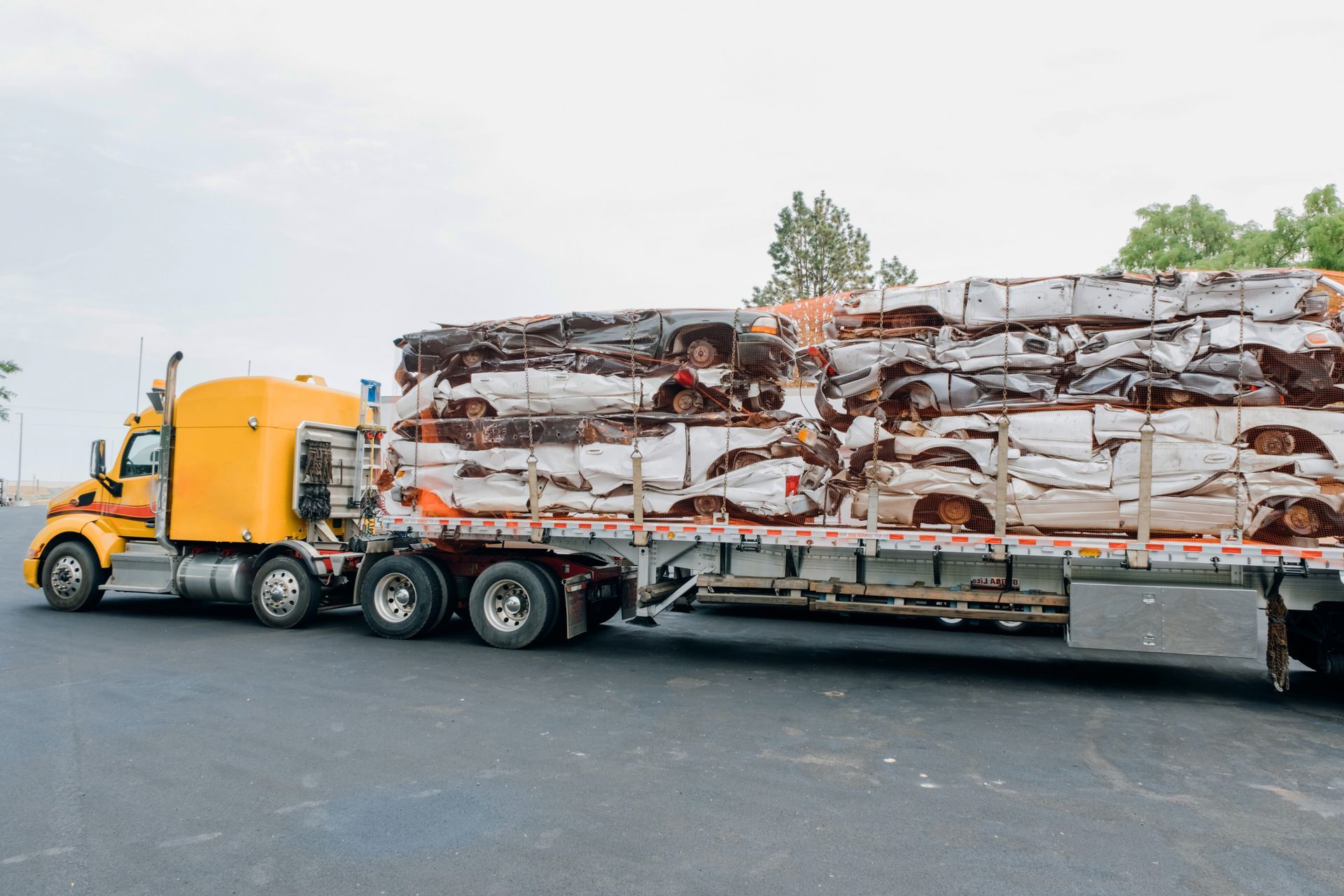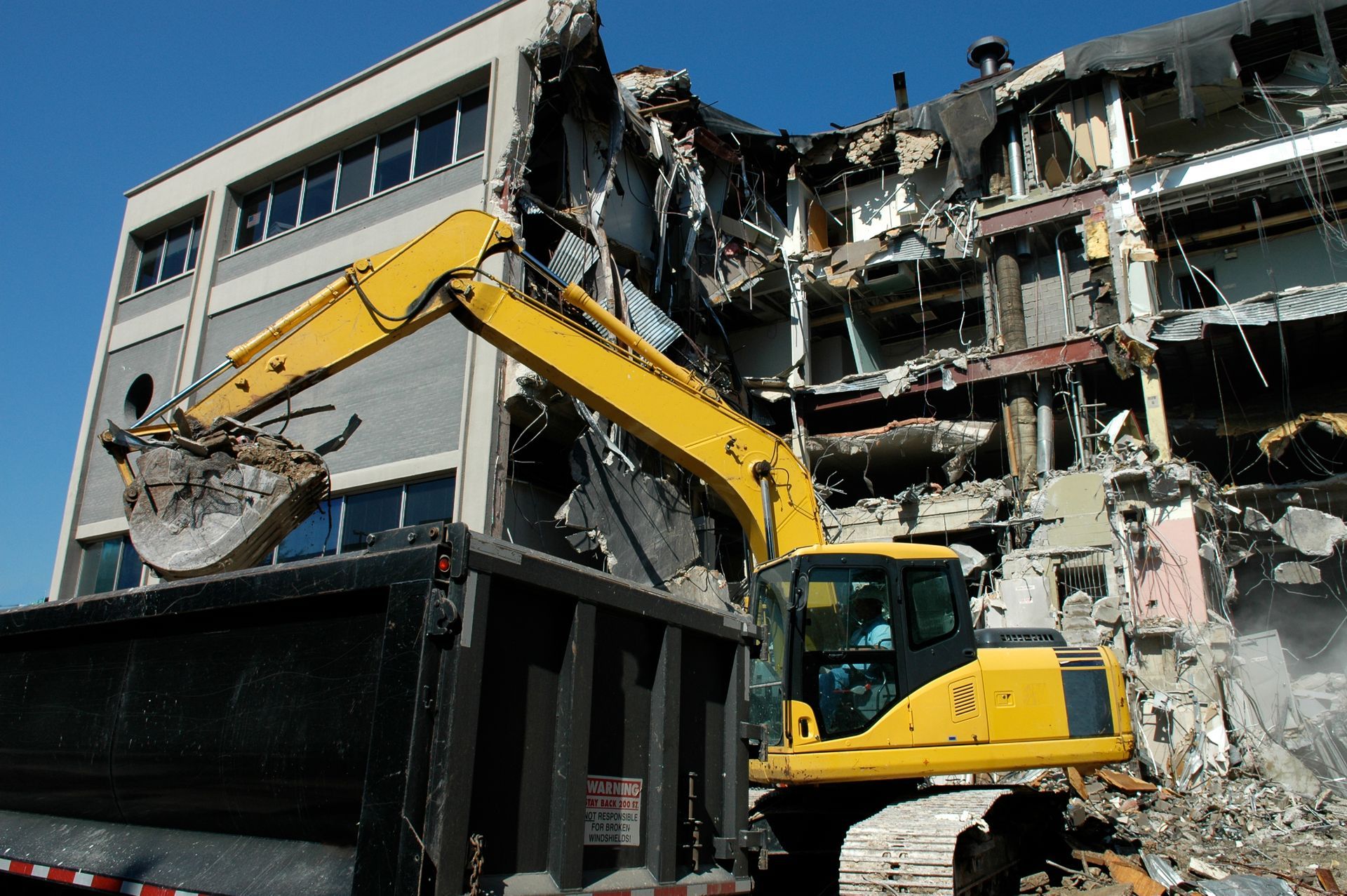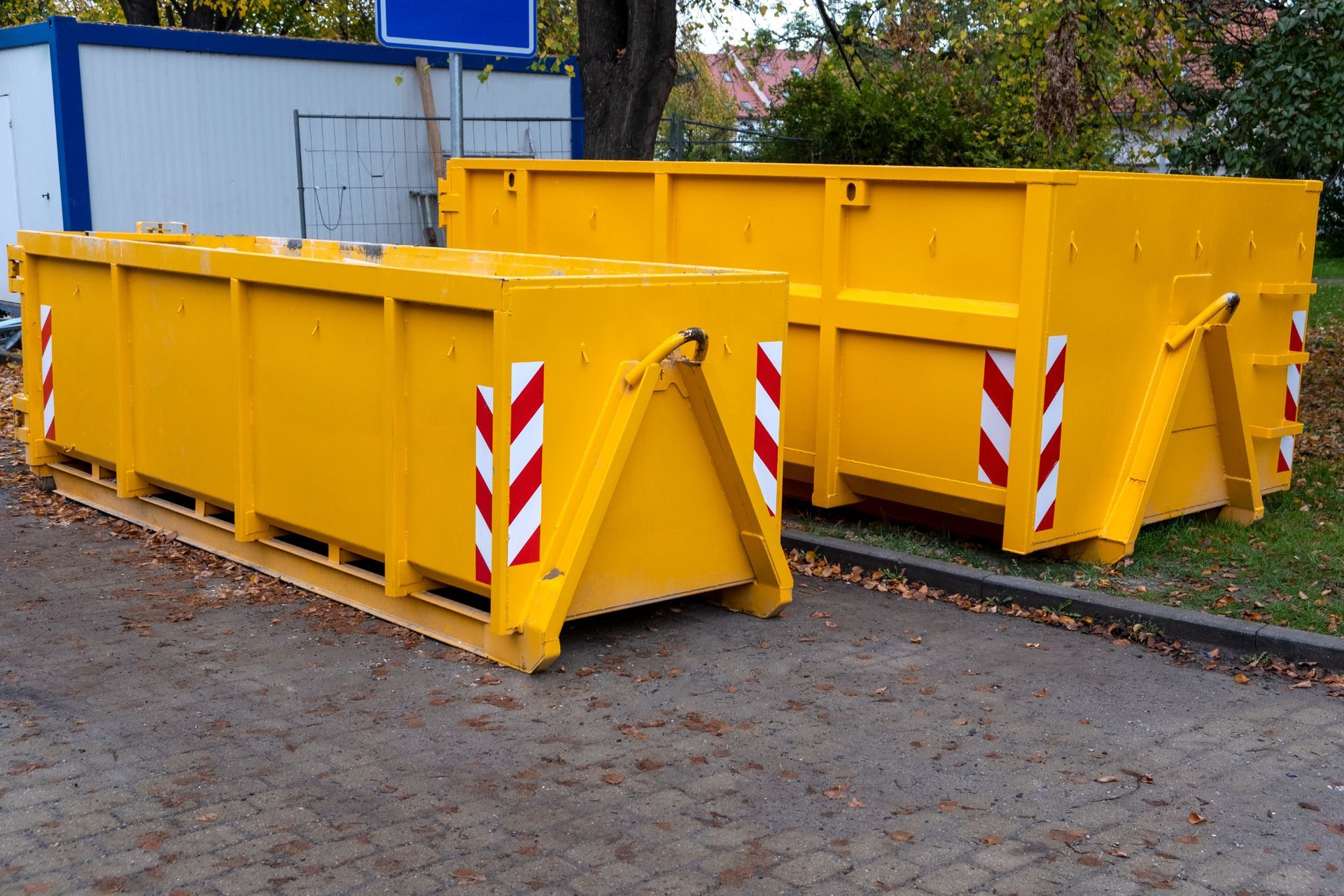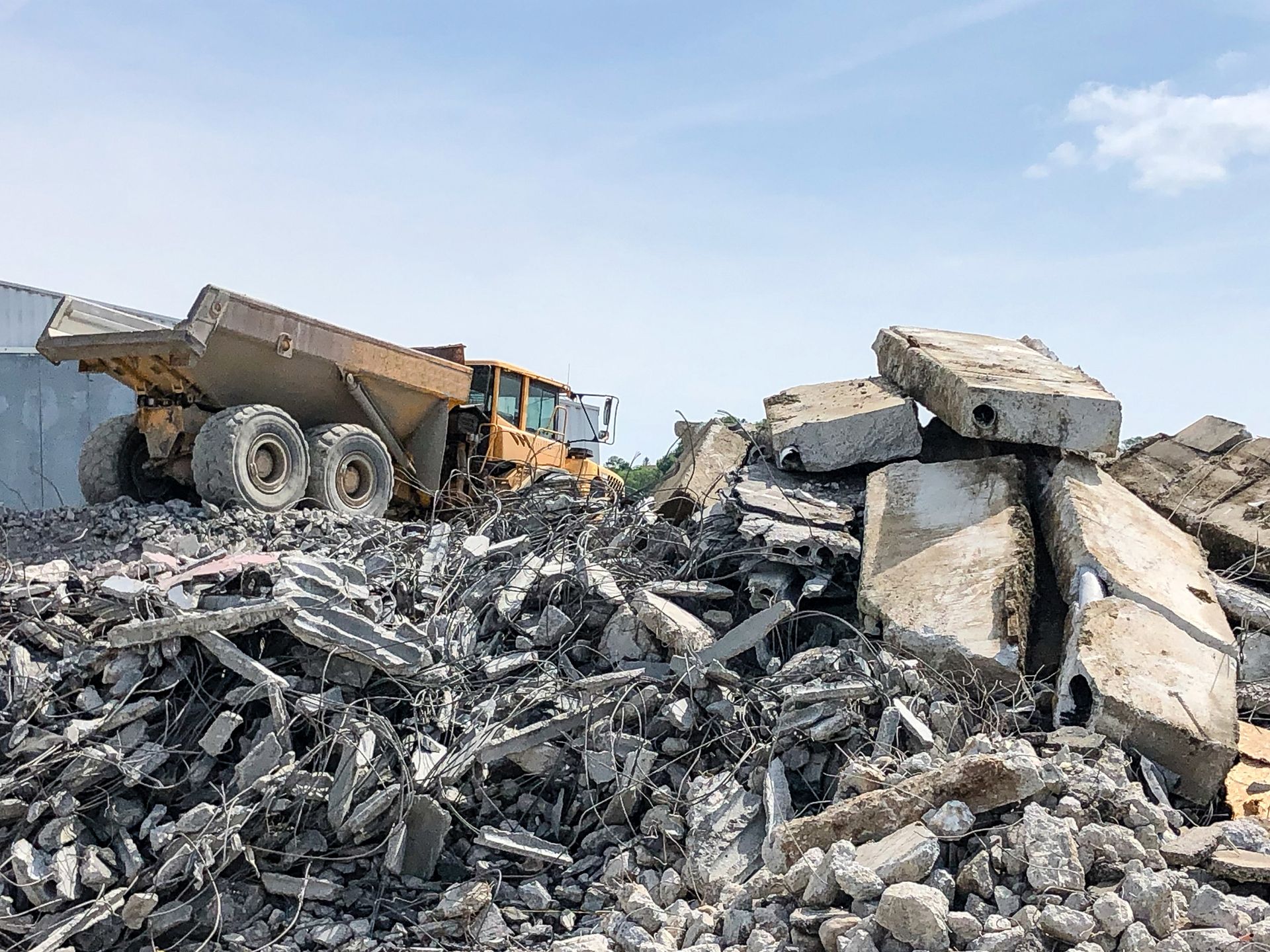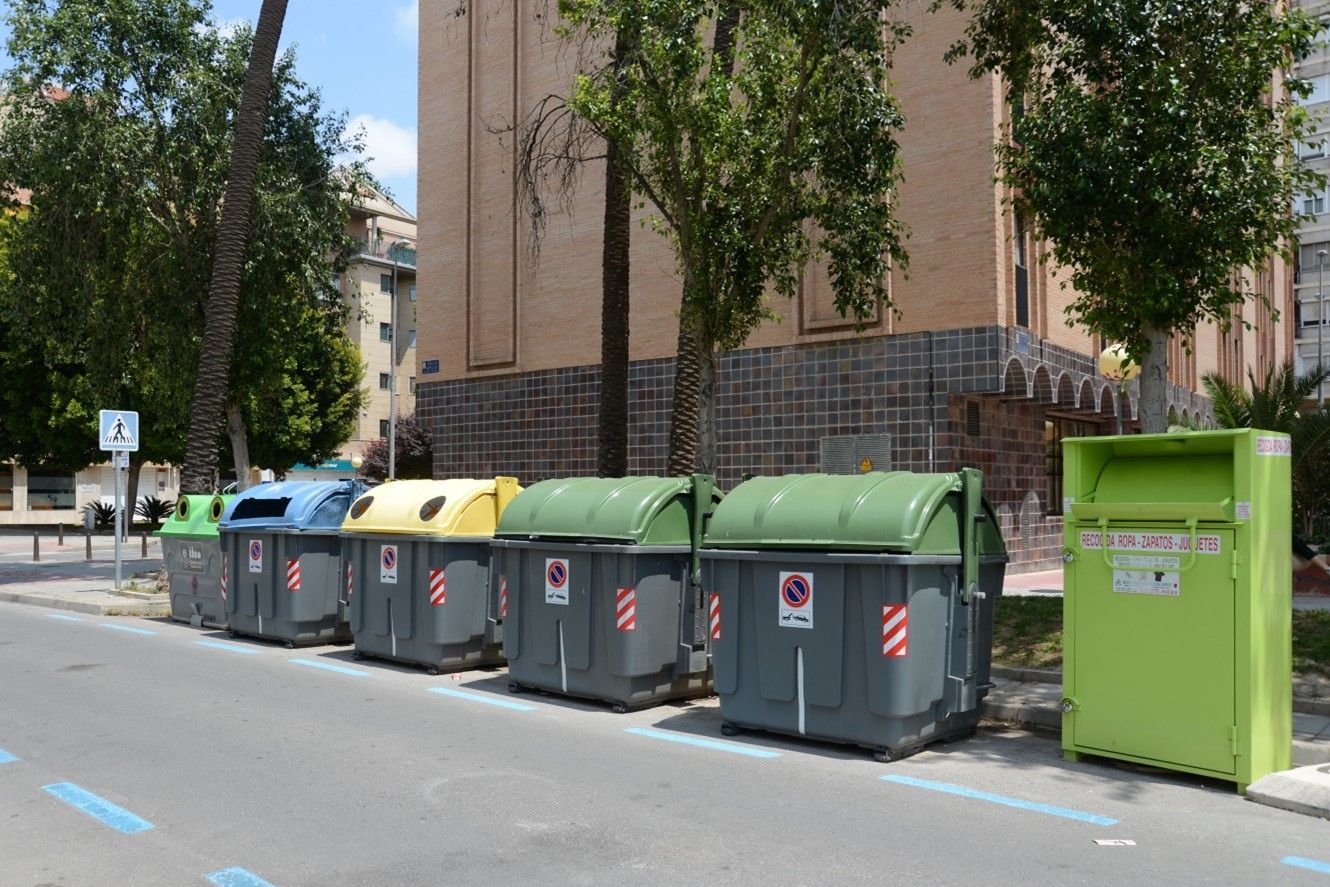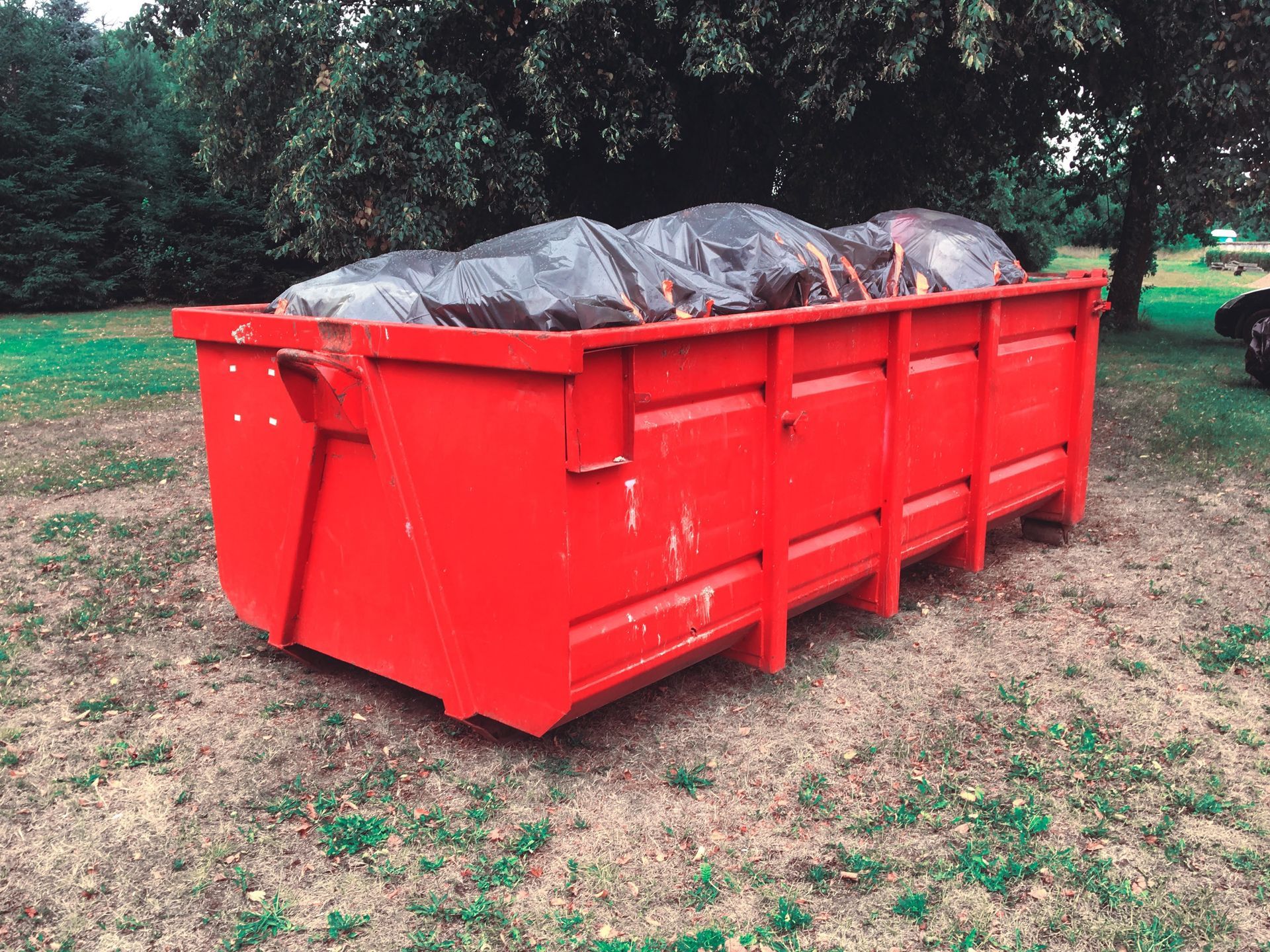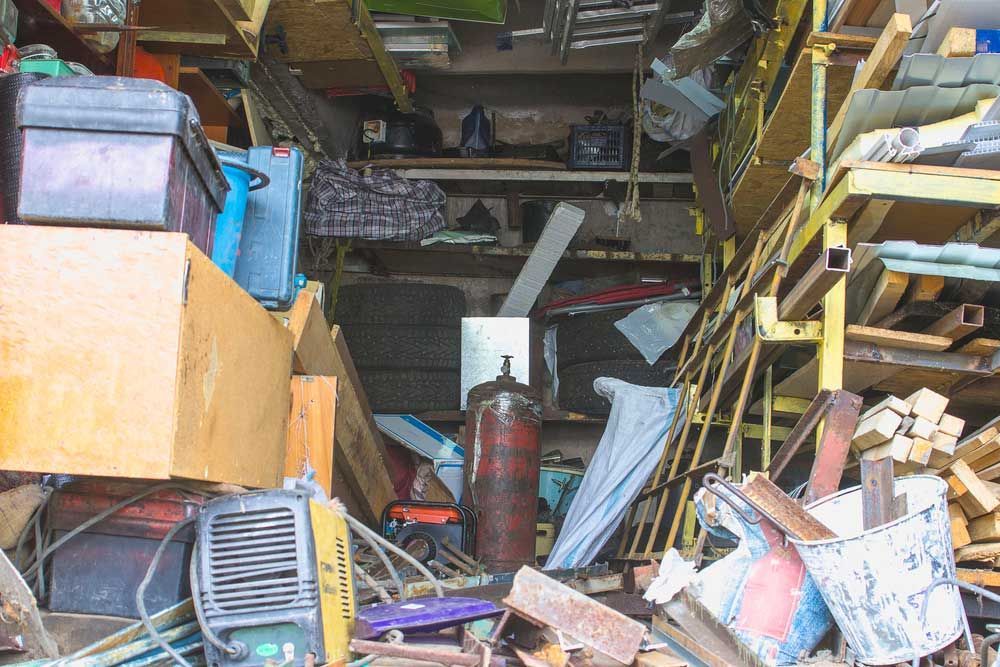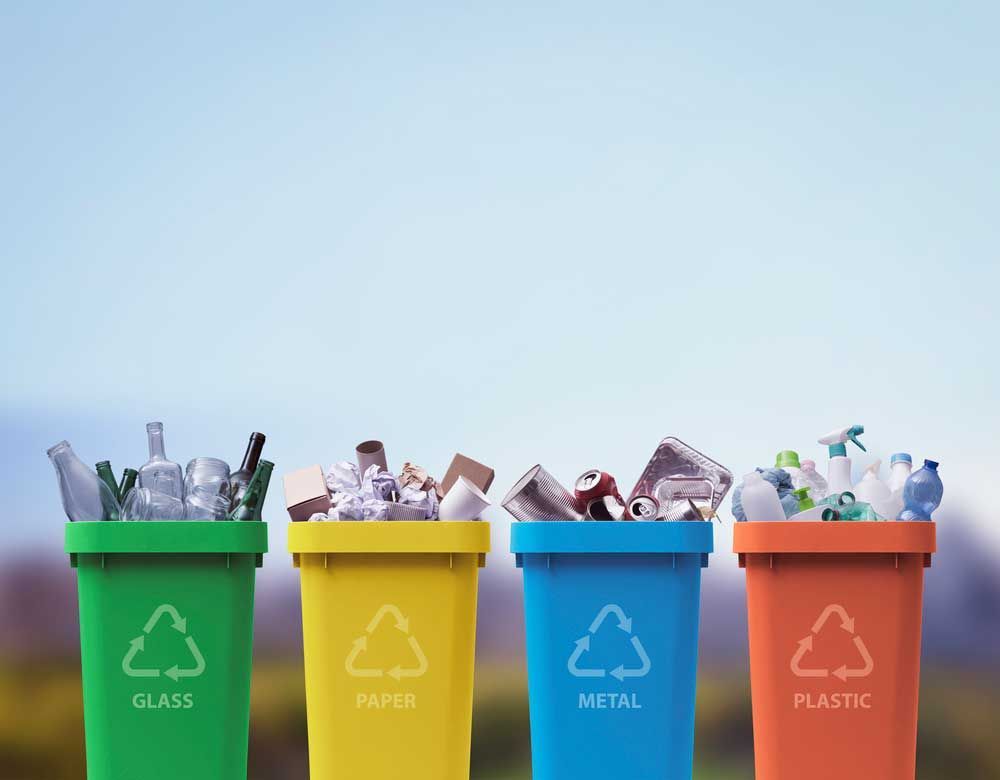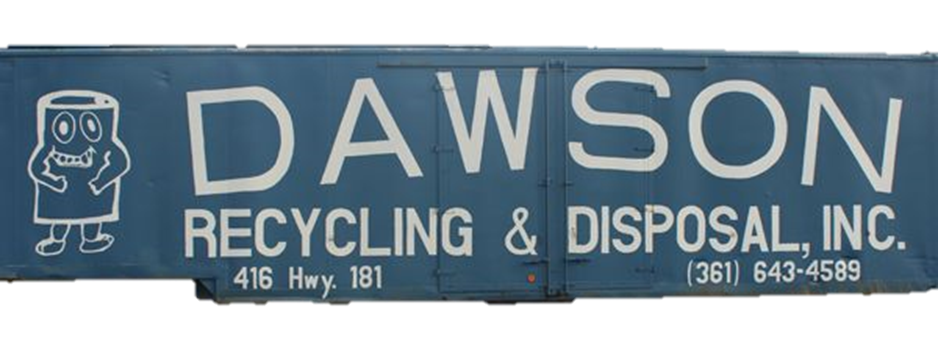A Guide to Construction Site Waste Management
The clanking of machinery and the hum of activity signify the progress and growth associated with construction. Yet, within this industry lies a typical challenge that requires careful management—waste. A single construction project can generate tons of debris and unwanted materials that require a systematic approach for disposal. Here's how you can ensure your construction site waste is managed without a hitch.
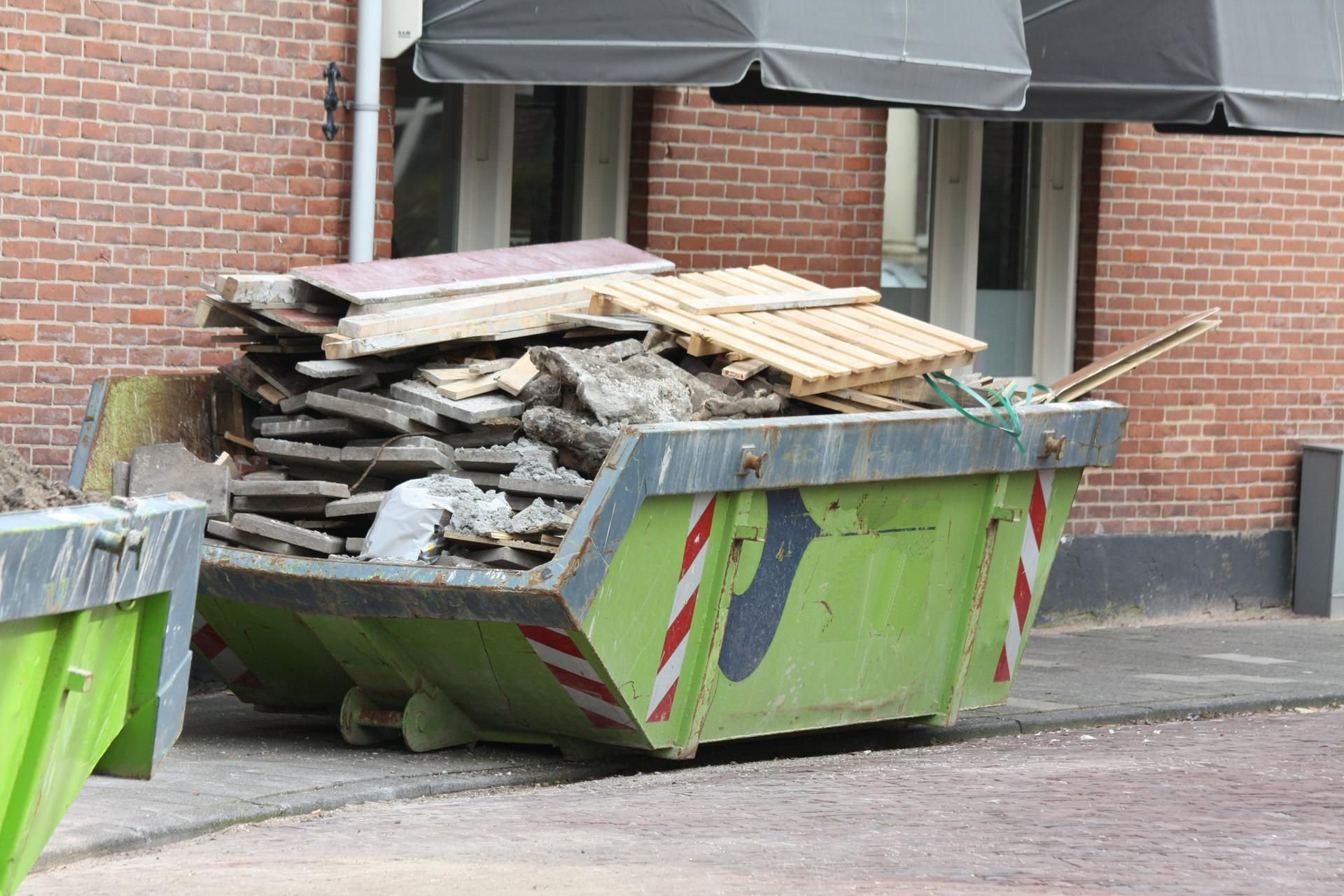
Understanding Your Waste
Construction waste is a diverse mix of discarded substances. These can range from hard-to-handle, hazardous materials to relatively benign scrap. Familiarizing yourself with what your project typically discards is fundamental.
Demolition Waste
This category encompasses heavy-duty items like concrete, steel, and timber, which are often bulky and difficult to remove.
Excavation Waste
Soil, rock, and other materials unearthed during excavation are common waste materials generated from construction. Even simple digging projects can mount up significant piles of unwanted matter.
Building Process Waste
From off-cuts to incorrect installations, waste coming from the building process is both varied and extensive. This 'in-process' waste needs a disposal system that continuously adapts as construction progresses.
Packaging & Miscellaneous Waste
Construction materials don't just appear on-site; they come wrapped and protected, often resulting in a considerable amount of plastic and other junk. These secondary waste types still require attention.
Dumpster Selection Guide
Dumpsters serve as one solution for construction waste. Choosing the correct option guarantees a coordinated waste management strategy. Size and type are two facets to consider when picking the appropriate dumpster.
Assessing Your Needs
Start by estimating how much waste your project will churn out. When determining size, think of what percentage of the waste will need to be hauled away and what percentage might be salvaged or re-utilized.
Specialized Dumpsters
In instances where hazardous or special types of waste are involved, standard dumpsters won't suffice. Know which materials may need special handling and plan accordingly.
Best Practices for Dumpster Use
Dumpster placement and protocols can make or break efficiency on your construction site.
Proper Placement
The right position for your dumpster is critical. Consider not only convenience for workers but also accessibility to avoid bottlenecks or safety hazards.
Fill Levels and Overages
Be mindful of how much waste the dumpster can accommodate. Overfilled dumpsters are unsafe and can lead to fines. Plan for timely disposals or devise a strategy for unexpected volume spikes.
Hiring a Junk Removal Service
There are some considerations to keep in mind when choosing the service that will supply the dumpsters for your site and remove the waste for proper disposal.
Credentials Are Key
The right partners should have a solid track record, proper licensing, and the right insurance in place.
Environmentally Responsible Practices
Sustainability should be a non-negotiable criterion when selecting a removal service. In a world where landfill space is finite, look for companies that actively recycle or repurpose waste.
The Importance of Legal Compliance
Adhering to construction waste disposal regulations is pivotal to avoiding legal battles and maintaining public trust.
Familiarize Yourself With Local Laws
Laws vary from one jurisdiction to another. Ensure your team is well-versed in the mandatory rules and any specific requirements or allowances that pertain to your area.
Documentation and Reporting
Keep proper records of waste disposal practices. These serve as evidence of compliance and may prove crucial should the legality of your waste management be questioned.
Environmental Considerations
In the modern construction space, ecology is as much a facet of a site's present and future as concrete and steel. Industry trends show an increasing demand for greener waste management tactics.
Recycling and Reuse
Many materials discarded during construction are actually valuable resources. Work with a service that helps separate and recycle materials.
Sustainable Development Goals
Construction that commits to waste management aligns with a broader ethos of sustainable development. This not only benefits the environment but can also enhance a project's reputation and value.
Managing waste on a construction site is a multifaceted responsibility. It requires strategic decision-making, compliance awareness, and a commitment to safety and sustainability. Reach out to our team at Dawson’s Recycling & Disposal, Inc. if you need help with your construction site waste management.


